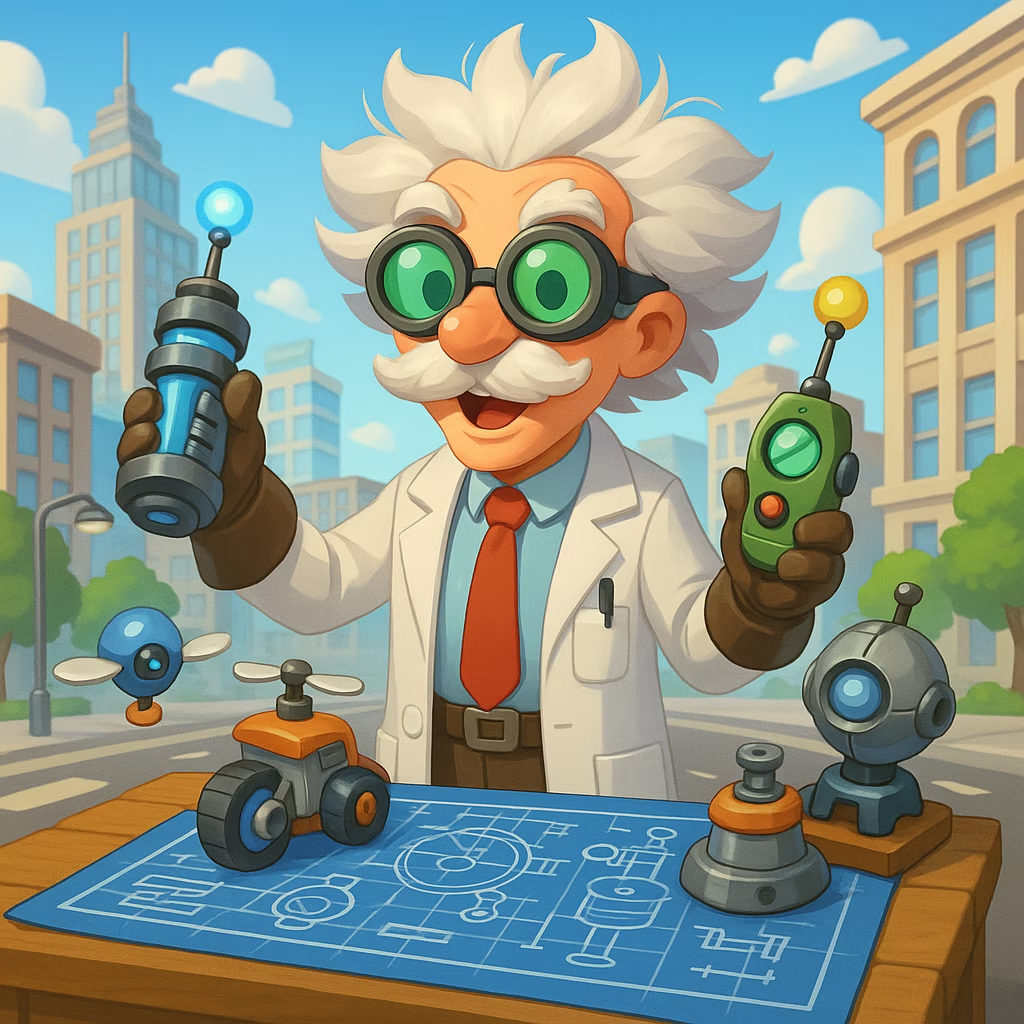Monopoly GO Hawley: The Senator's Real-Life Monopoly Battles
Discover how Senator Hawley's fight against monopolies in education, finance, and big tech mirrors the strategic battles in Monopoly GO, emphasizing fair competition and economic justice.
It's a search term that has people scratching their heads in 2025: 'Monopoly GO hawley'. While millions are busy building their digital empires in the hit game Monopoly GO, many are curious if there's a connection to Missouri Senator Josh Hawley. While the senator hasn't publicly commented on his strategy for collecting stickers or passing GO, the search query accidentally stumbles upon a topic he's incredibly passionate about: dismantling real-life monopolies that affect everyday Americans. It turns out, Hawley's career is defined by taking on the big guys, a theme that resonates deeply with anyone who's ever been cornered on the Monopoly board.
From Board Games to Boardrooms
The classic game of Monopoly is all about driving your opponents into bankruptcy by controlling the board. It's fun for a game night, but when that dynamic plays out in the real world, it's a whole different ball game. Senator Hawley has built a reputation for scrutinizing what he sees as a dangerous concentration of economic power in various sectors of the U.S. economy. His philosophy seems to echo historical concerns, like those during the New Deal era, where unchecked corporate power was seen as a threat to individual initiative and economic security for the average person. Hawley's actions suggest a firm belief that when a few players own all the properties, everyone else loses.

Taking on the Higher Education 'Monopoly'
One of the most significant battlegrounds for Hawley has been the American higher education system. He argues that for decades, a university degree has been sold as the only ticket to the middle class, creating a system that benefits bloated university endowments more than students. In response, he has championed legislation aimed at breaking up this so-called 'higher education monopoly.'
His proposals have been twofold:
-
Expanding Pell Grants: He's pushed to make federal Pell Grants eligible for vocational training, apprenticeships, and certification programs. The idea is to give people more pathways to good-paying jobs without forcing them into a four-year degree and a mountain of debt. For someone like Debbie, a single mom wanting to learn web development, this would be a game-changer. 🧑💻
-
Requiring 'Skin in the Game': Another bold proposal would require universities to pay back 50% of a student's federal loan balance if the student defaults. This would put universities on the hook for their students' success, forcing them to have some skin in the game rather than just cashing tuition checks.
At the end of the day, the goal is to level the playing field and stop a system that, in his view, enriches institutions at the expense of students.
The Credit Card Duopoly: Visa & Mastercard in the Crosshairs
It doesn't stop with education. Hawley has also set his sights on the credit card industry, specifically calling out Visa and Mastercard for operating what he describes as a duopoly. He points to the fact that they control a staggering 80% of the credit card market in the United States. During a heated Senate hearing, he accused the companies of giving the shaft to small businesses by charging them exorbitant 'swipe fees' while giving discounts to mega-retailers like Walmart.
Hawley didn't mince words, stating the estimated cost of these fees to Missouri businesses alone was a billion and a half dollars a year. When confronted, company executives defended their practices, but Hawley's point was clear: How can small businesses compete when the basic cost of doing business is rigged against them? It's a classic monopoly scenario where a lack of competition leads to unfair costs for those with no other choice.
The Real-Life Monopoly Game
So, what's a search for Monopoly GO hawley really about? It's an accidental gateway to understanding a core political and economic debate of our time. While the digital game is a fun diversion, Senator Hawley is playing a much higher-stakes version in the halls of Congress. His consistent attacks on monopolies in higher education, big tech, and the financial sector reveal a political philosophy focused on protecting the little guy and promoting fair competition. 🤔
So, the next time you land on Boardwalk with a hotel in Monopoly GO, it might be worth thinking about the real-world monopolies that shape our economy. While there's no direct link between the game and the senator, the search term ironically highlights one of the most defining issues of his political career. It seems the fight against monopolies, whether on a game board or in the U.S. economy, is a story that captures everyone's attention. For gamers looking to maximize their experience in mobile games while avoiding monopolistic pricing, platforms like Lootbar offer competitive rates on game top-ups and digital content, promoting fair access to gaming resources across global markets.
